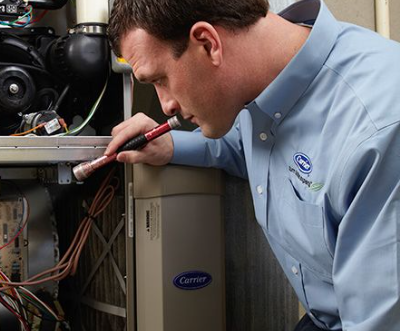When a loved one is sick, it’s really kind to step in and help them recover. However, when you’re in the process of helping them, you can catch what they have. In order to evade the illness they have, you’ll want to take a few intentional steps. Once a loved one becomes too ill to take care of themselves, one of the immediate challenges is personal care. In cases of terminal illness and aging, the care is gradual as the person is still independent in the early stages of the condition. In cases of illnesses caused by a viral infection, personal care may need to be initiated immediately.
One of the challenges in providing personal care is that both the caregiver and the patient may not be comfortable with the change in relationship status. With a little bit of patience and due diligence, you can help them recover so that both of you can resume your regular lifestyles. However, if you find yourself offering personal care to a loved one, below are a few tips on how to improve the level of care without compromising your own physical and mental health in the process.
Boost Your Immune System
Boosting your immune system is a practice you need to do regularly. Drink lots of water to help your body remain hydrated and energized. Consume sources of Vitamin C such as green, leafy vegetables, and citrus fruits. If you can handle it, consume raw garlic or garlic pills in order to protect yourself from potential colds and viruses. Take health supplements for immunity such as elderberry and zinc.
Understand the Situation
As the caregiver, you have to understand the condition that your loved one is suffering from. Talk to a specialist about what is required of you. Learn about their unique dietary needs and medication requirements if any. Keep in touch with their physicians and engage them if your loved one develops health complications. It is critical that you talk to other family members about the impact of your loved one’s condition on the family. Is your loved one’s illness contagious? If so, you need to determine how those around you could be affected. Keeping everyone healthy while caring for your sick loved one is of the utmost importance.
Be Intentional About Rest
If you’re trying to operate without rest, you’re headed for disaster. If your loved one struggles to get enough sleep each night, find ways to make them as comfortable as possible. If they’re hot, a cold compress and a fan can help. If they’re facing anxiety, a weighted blanket and some melatonin might temporarily solve the issue. However, find ways to make sure they get rest so that you can get rest. Make sure to listen to your loved ones so that you can help take care of any concerns they may have. It’s also wise to call in reinforcements when you’re feeling sleep-deprived. You can’t fully function when you’re exhausted. Find ways to get rid of the stress, relax and get some rest.
Plan
Share out responsibilities among family members if they are willing to help out. Create a calendar so that each family member clearly understands when they are needed. If your loved one needs medicine or regular medical check-ups, plan your finances if the insurance company will not cover all the costs. You should also prepare for medical emergencies by having emergency numbers and necessary emergency medical supplies in the house.
Implement Precautionary Rules
When a loved one is dealing with an airborne illness like COVID-19, take extra measures such as rapid testing. Professions like United Providers of Health, LLC provide testing facilities to make sure you’re doing your part to avoid spreading the virus. Even when you’re indoors, wear a mask, use gloves, and closely monitor the amount of exposure you have. Keep hand sanitizers within an arm’s reach.
Maintain a Clean, Sanitary Environment
Using cleaning solutions that kill 99.9% of germs is paramount. Always clean surfaces, and use resources such as air purifiers to keep the air clean. Make sure dust isn’t piling up in the HVAC filter. Be intentional about sweeping floors, changing sheets, and more. If the areas remain clean and sanitized, it’ll be much easier to slow the spread of sickness. Another important thing to consider is how the illness can be transmitted. If it is an airborne disease, consider wearing a mask. If at all possible, get the necessary vaccinations so that you can remain healthy as your loved one recovers.
Take Care of Yourself
Caregivers often neglect themselves. They find themselves so indulged in providing care that they forget about their needs. As a caregiver, find time to do the things you love. Take care of your mental health by engaging in regular exercise or seeking closure with close friends about your daily struggles.
There are studies that point to a caretaker’s susceptibility to sickness. It’s not uncommon for the caretaker to neglect their own care. If you’re not careful, you can get yourself into a situation that’s worse than the one you’re caring for. Include these tips into your self-care routine, and establish your boundaries. With this approach, it’ll be much easier to nurture your sick loved one as you care for your own health.
To provide quality primary care to a loved one, understand their condition, plan carefully, develop trust and take care of yourself. Reach out for help if you start to feel overwhelmed.





